Mosque Name: Qasr Um Jemal & Congregational Mosque
Country: Jordan
City: Um Jemal
Year of construction (AH):
Year of construction (AD): 7th century
GPS: 32°19’29.56”N 32°19’29.56”N
Gibson Classification: Petra
Rebuilt facing Mecca: never
For a Link to the Qibla Tool Click Here
Description:
Nabataean merchants were among the first to build permanent buildings in the area in the first century AD. Their settlement was mainly a stopping place on the trade route that connected Petra and Bostra. As the city grew from a simple caravansary to town, farming was established in the area. Though the evidence for this early village survives only in fragments, there are numerous Nabataean inscriptions from this period, mostly tomb stones. At least two men mentioned on these served as members of the Bostra City Council. (Bert de Vries et al, Umm el-Jimal: A Nabataean, Roman, Byzantine and Early Islamic Town in Northern Jordan, Vol. I, Supplement, Journal of Roman Archaeology, 1998.) Both the Nabataean and Greek versions of the god Dushara can be seen inscribed on the die (middle section) of an altar, found in the western area of the ruins.
Um el-Jemal became an extensive rural settlement, with buildings constructed of black basalt from the lava lands east of Mafraq, which flow down from Jebel Druze, a mountain 50 km to the northeast.
The name Um el-Jimal (ام الجمال) means Mother of Camels, presumably a reference to the camel caravans that stopped there. The name is also written: Umm ej Jemāl, Umm al-Jimal or Umm idj-Djimal. It is approximately 17 kilometers east of Mafraq, in Jordan.
The most striking building in the town is a large structure known as the Castellum. This structure has had several uses over the years. It began as a Nabataean structure, but after 106 AD was used by the Romans army. Diocletian’s imperial reorganization of the army included the re-construction of the castellum.
There is evidence of Roman religious influence from this time period. Zeus Epikoos is mentioned on an altar, found in a courtyard. The name is a mixture of Zeus and the local deity Epikoos. Mention of the deity Solomos can also be found. But this god is not known elsewhere and may also be a local deity, perhaps only worshiped by the people of Um el-Jimal and the immediate surrounding area. His name is found only once, on an altar inscription in the main ruins of Um el-Jimal. Because this is the only known evidence of the worship of Solmos, it is reasonable to believe his worshipers were relatively few and localized. There is evidence on tombstones and small altars scattered throughout the site that suggests the worship of other deities, perhaps personal or familial gods not worshiped communally.
What is fascinating to note that the most imposing building in Um Jimal, the Qasr or Castellum, has an orientation that faced towards Petra.
The Islamic era began in Um Jimal with the arrival of the Muslim armies in 640 AD. Once the Rashidun Caliphs took control of the area, much remodeling was done throughout the city so as to repurpose buildings to suit their own needs. During this time the castellum acted as an Arab Qasr. Whether it was rebuilt for this purpose or repurposed is up for debate.
Archaeologists at Um Jimal also debate the idea that some of the churches in Um el-Jimal were converted into mosques. There is some evidence that in some former churches, the apse was blocked off and the focus of the structure’s space was shifted to the south wall. True to early Rashidun architecture, no mihrabs were constructed early on. Later, two houses were converted to mosques with typical late Umayyad plans and a small tower on the exterior of its west face indicating the presence of a minaret.
Early archaeologists working on the site identified the structure attached to the east wall of the Qasr (Castellum) as a chapel. This is not surprising as there is nothing that would identify it as a mosque, except for it’s orientation. I would like to suggest that it has been wrongly identified and that it is actually a Rashidun era Congregational Mosque. Since there is no mihrab, it is not surprising that the archaeologists did not recognize it as a mosque. None of its walls faced Mecca, and there are no other indications except that the far wall, upon entering the structure) faced Petra.
True to other Rashidun mosques of the period, the columns are square, and the internal small square room appears to be the base of a short minaret.
For a study of the Mihrab please see this page.
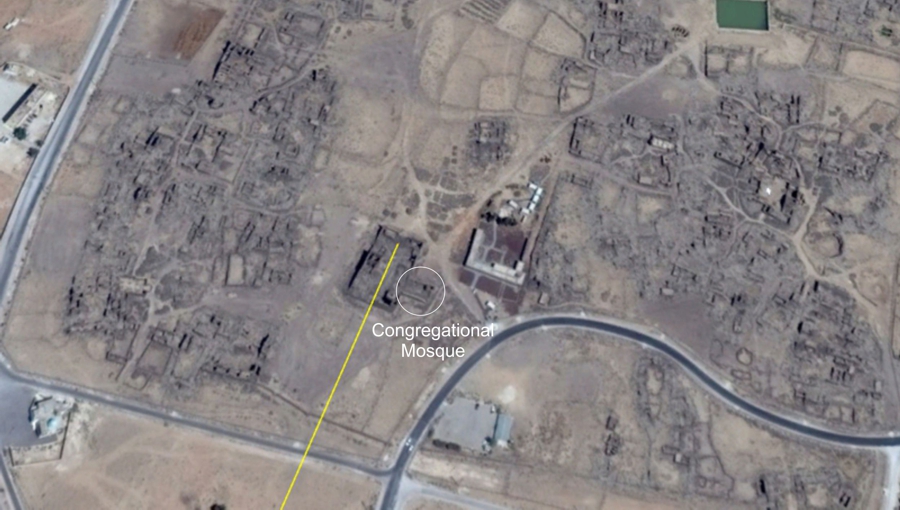
Location of Gibson's suggested Rashidun mosque showing the orientation towards Petra
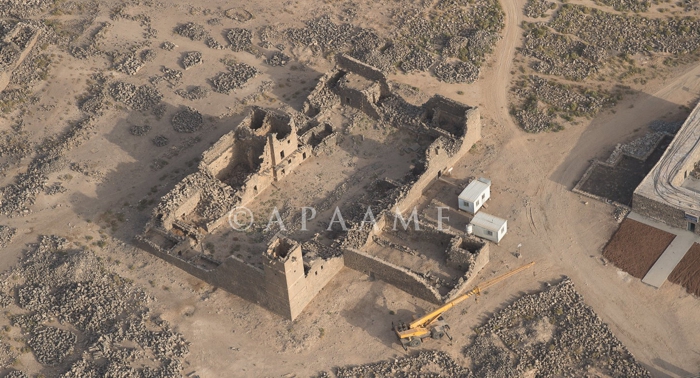
The mosque is attached to the east wall of the Qasr (lower left).
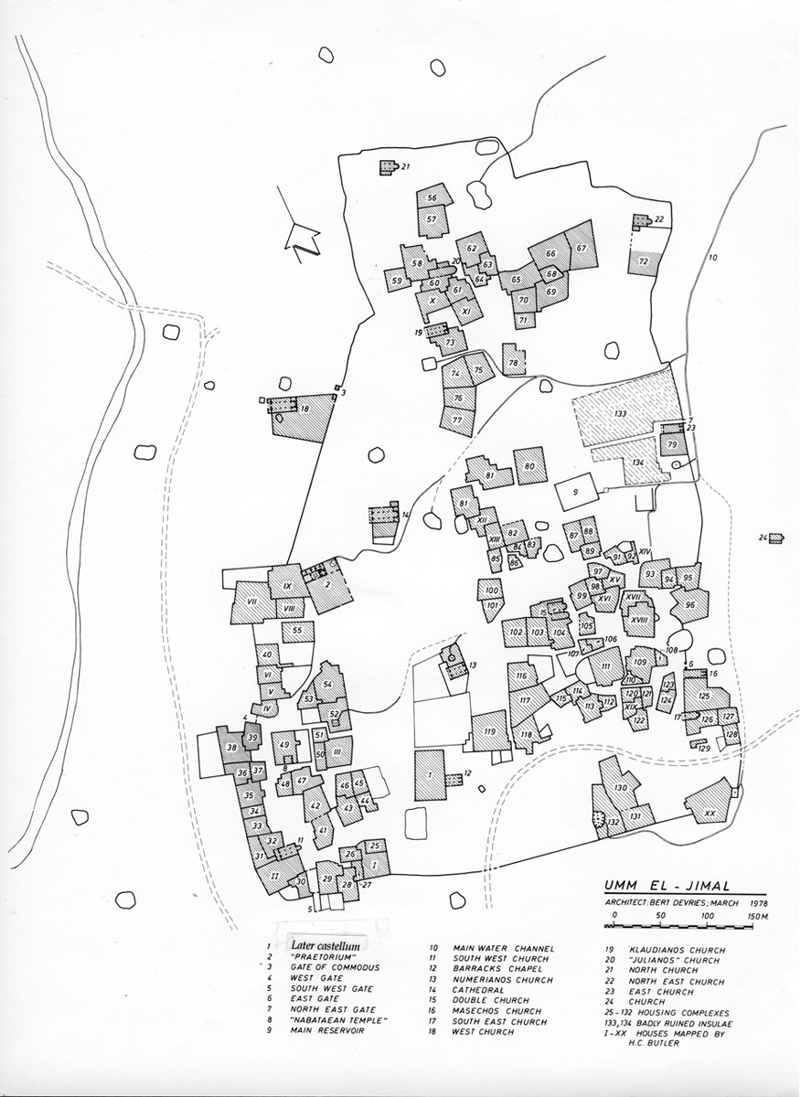
Each building in Um Jemal is numbered on this map
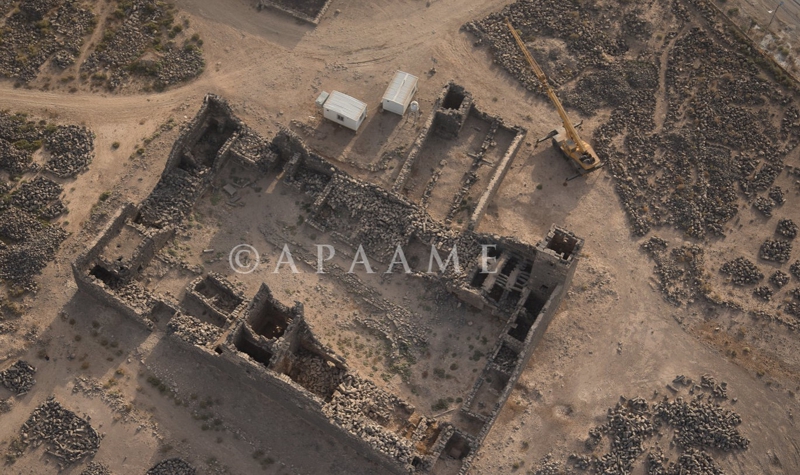
Looking directly down on the Qasr the attached mosque is at the top of the picture. The square structure at the corner could have been a square minaret.
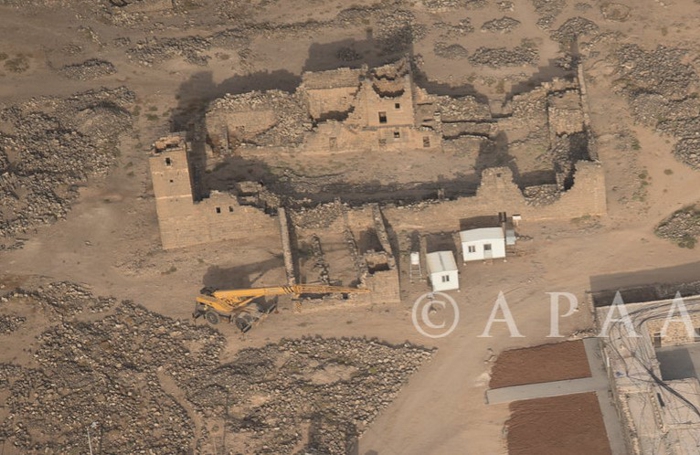
Notice the strong Qibla wall on the left, the columns in the mosque, and the minaret.
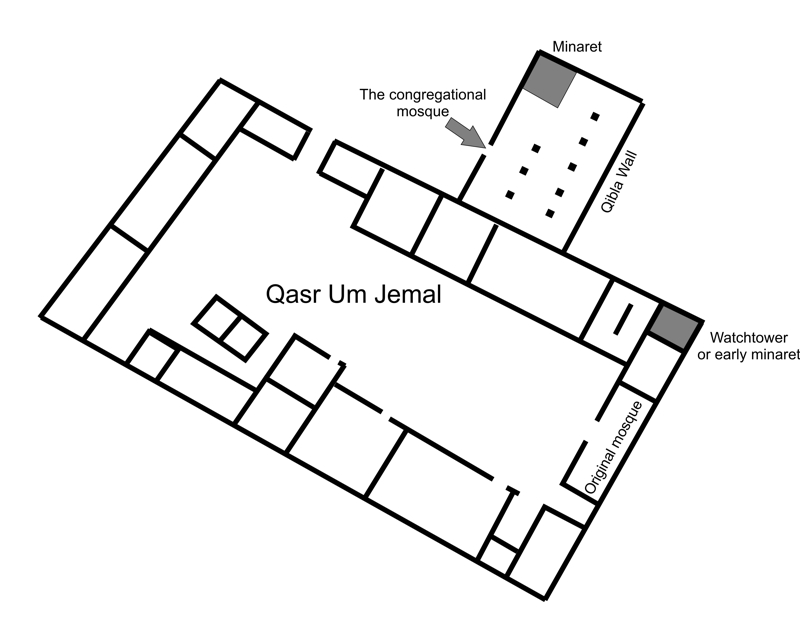
A rough sketch of the layout of the Umayyad Qasr and mosque
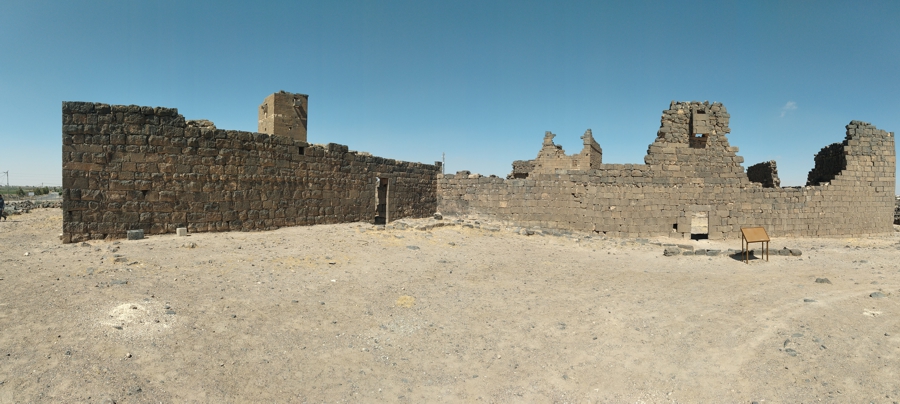
The mosque on the left, the Qasr on the right. Note the watchtower. North of 12, looking south-west
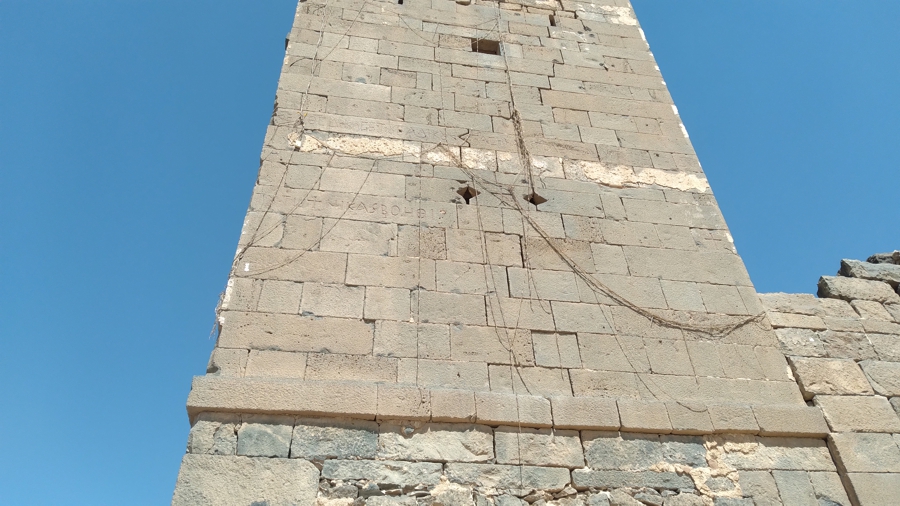
East of 1, south of 12, at south-east corner watchtower of 1
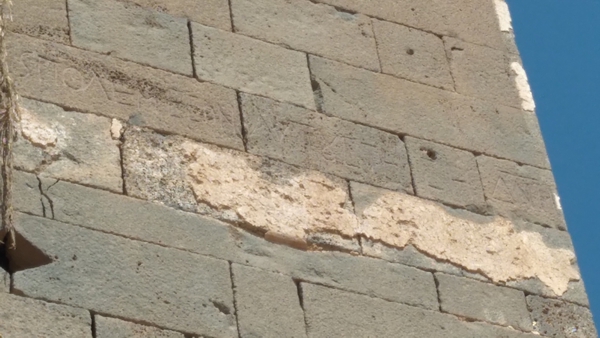
East of 1, south of 12, at south-east corner watchtower of 1, north edge
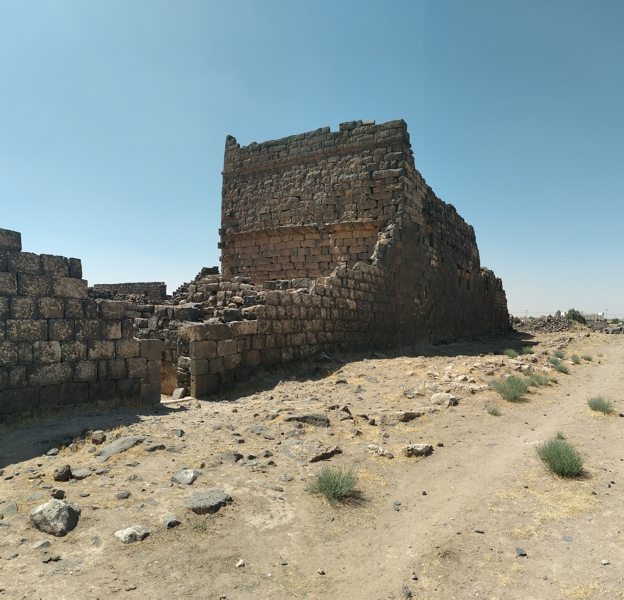
Castellium, North wall of 1
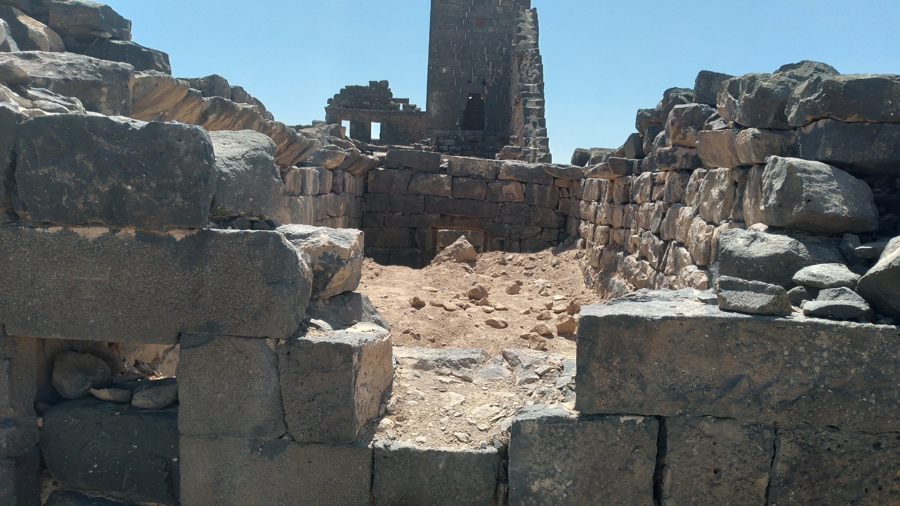
Castellium, North wall of 1, west side, Note small cross above door
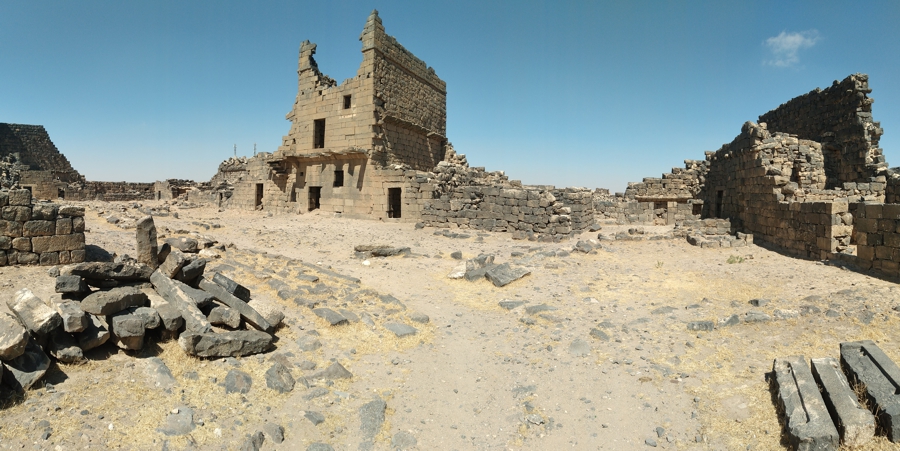
Inside the Castellium. North end of 1, looking west
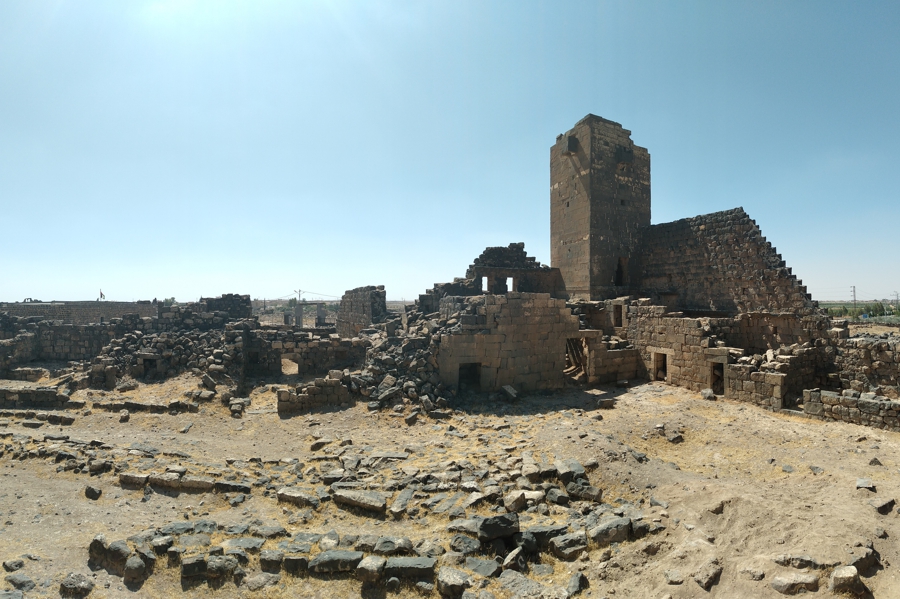
Castellium, West end of 1 courtyard, looking at the south-east corner watchtower
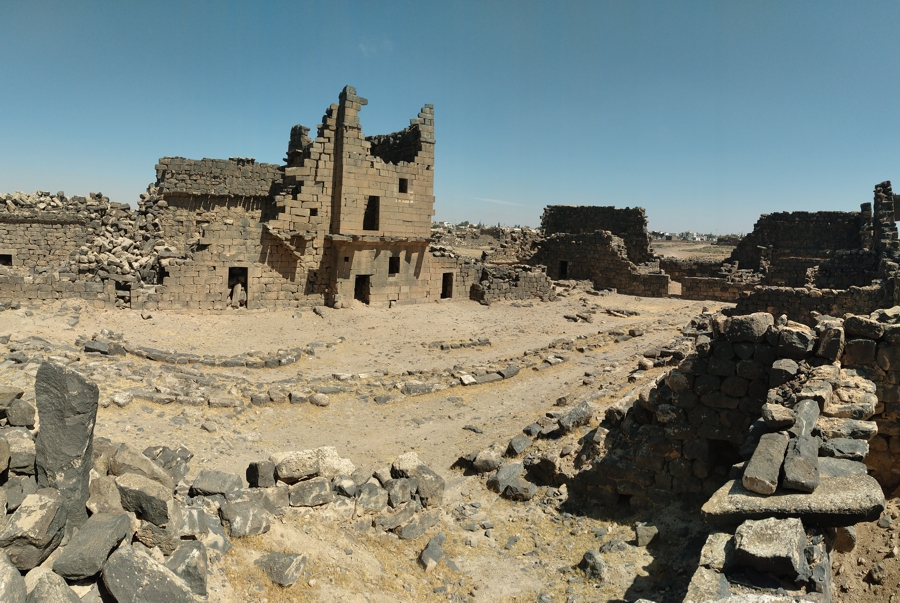
Castellium, South-east corner of 1, north-west
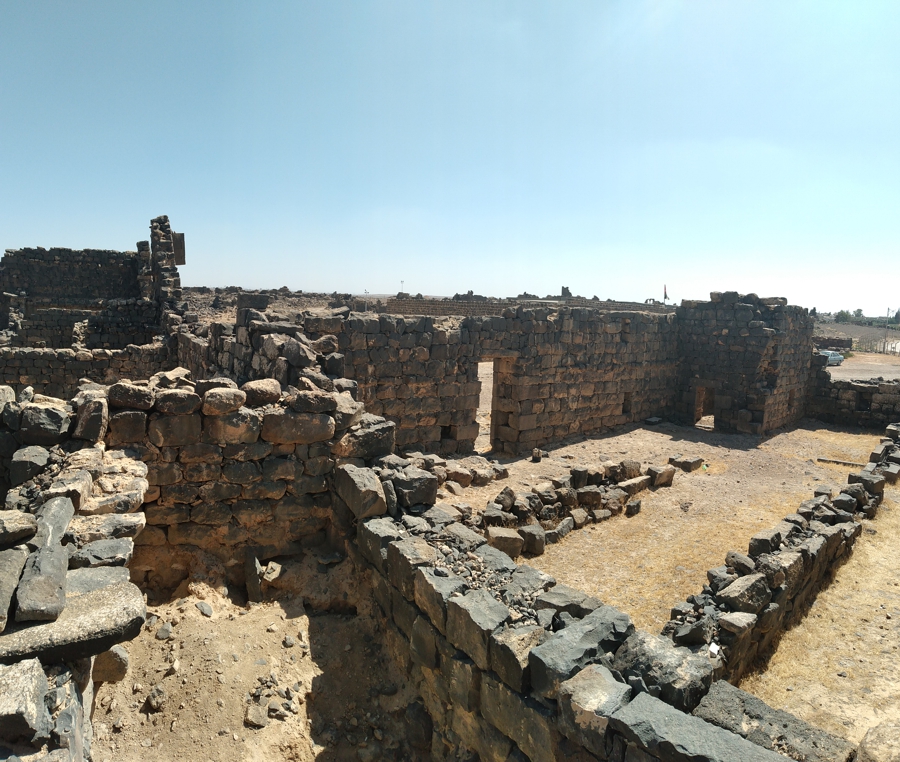
Forefront: Castellium, Back: inside the mosque. South-east corner of 1, looking north-east into 12
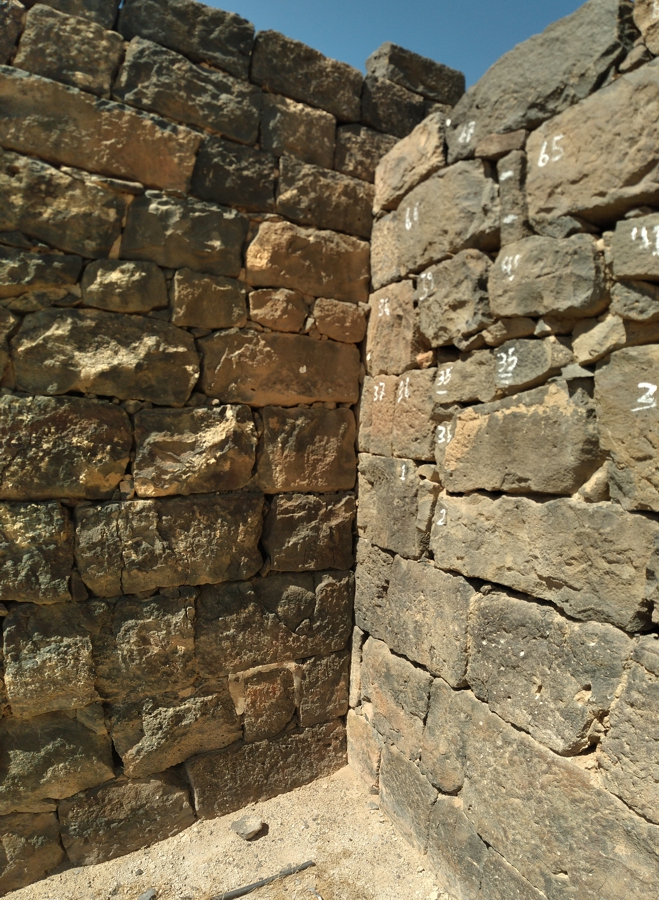
The Castellium on the left, the mosque on the right. The mosque appears to have been added later. North-west corner of 12, joining to 1, from outside.
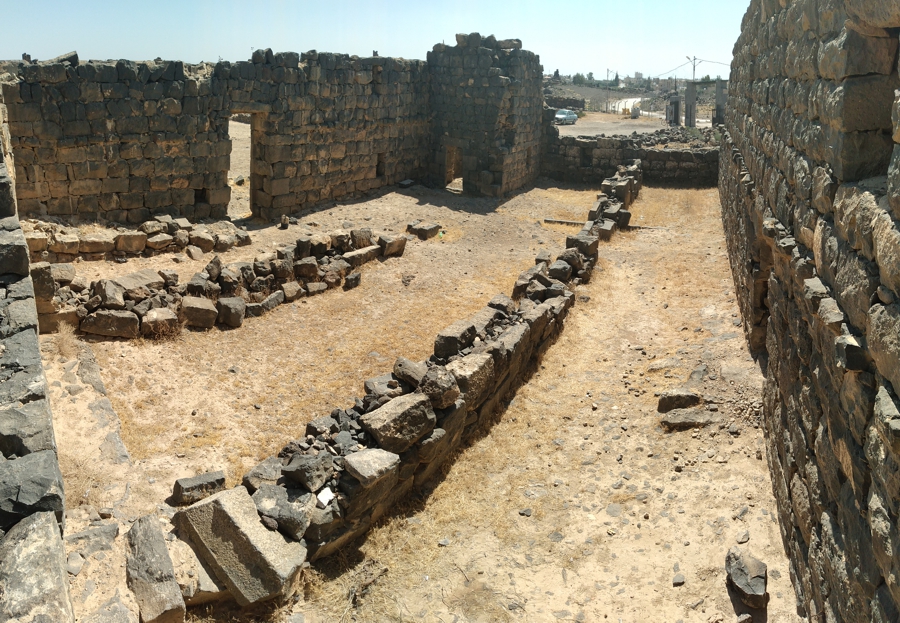
Inside the mosque. South-west corner of 12, looking east
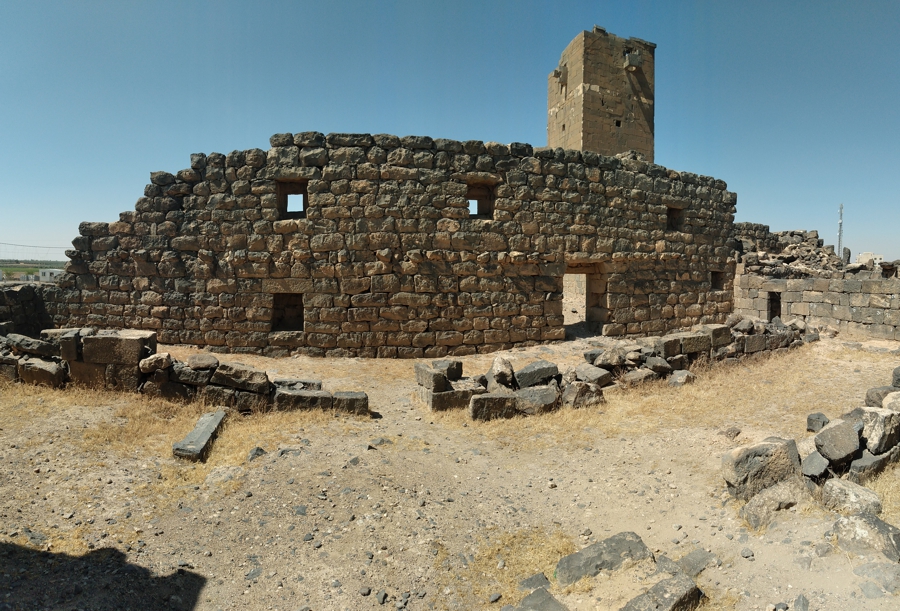
The back wall of the mosque. North end of 12, looking south
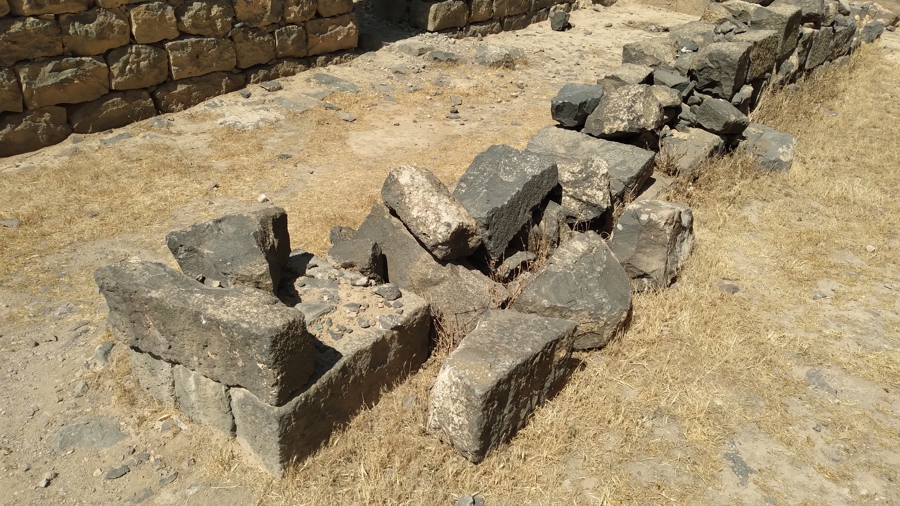
Note the square pillars. (looking south-west)
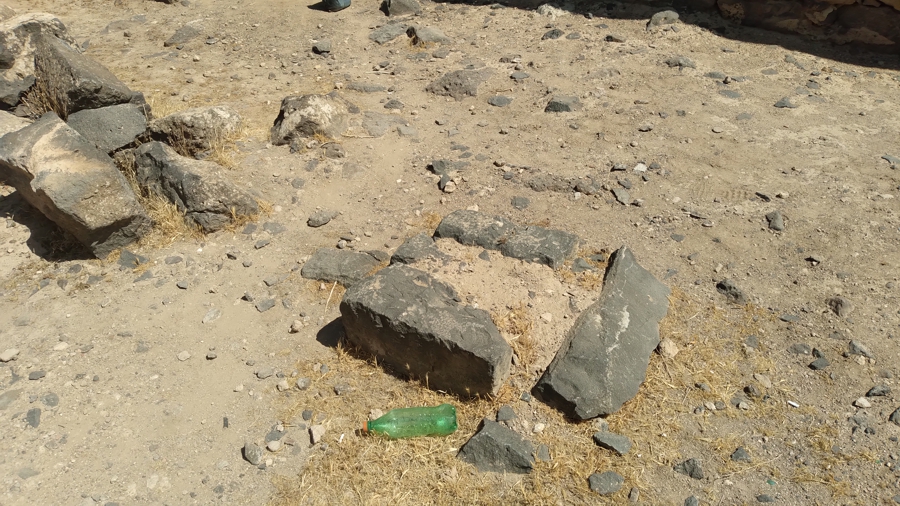
Another square pillar base. looking north-west)
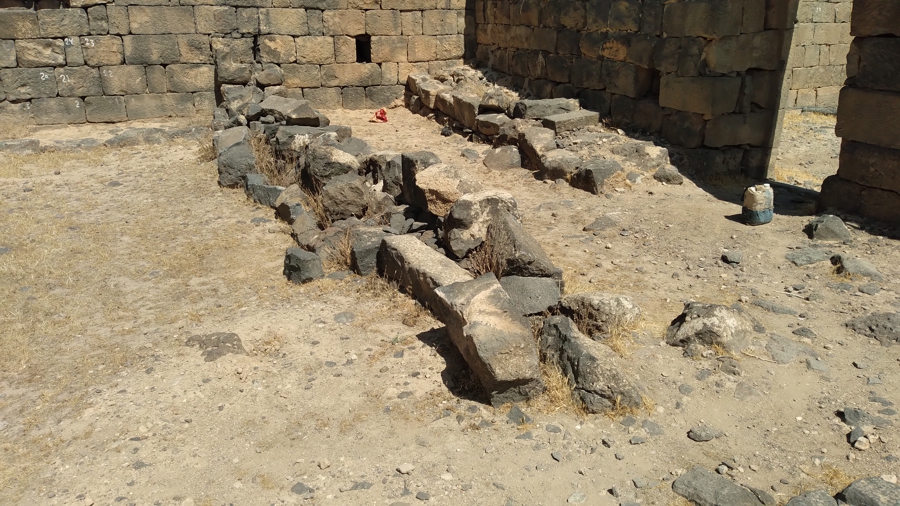
The main entrance to the mosque on the right. (looking north-west)
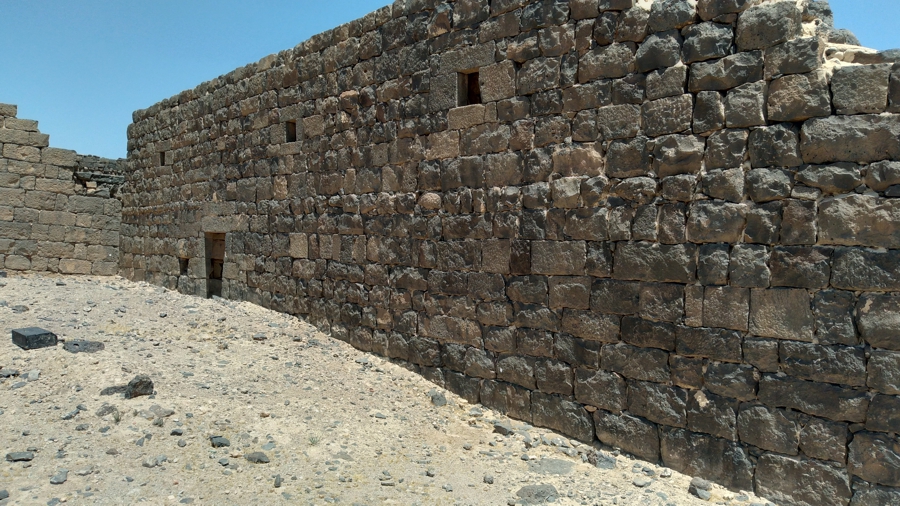
The Qibla Wall from inside the mosque.
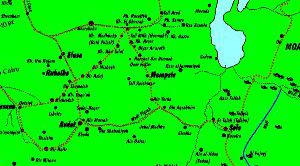

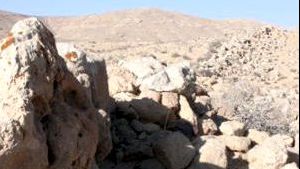
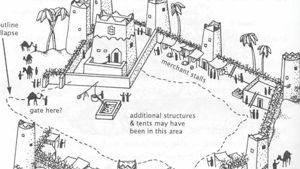
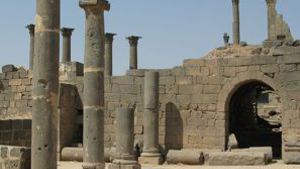
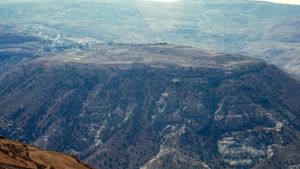
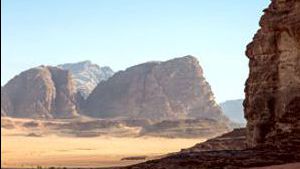
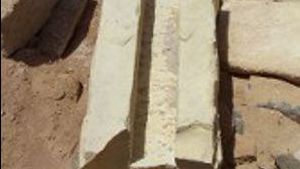
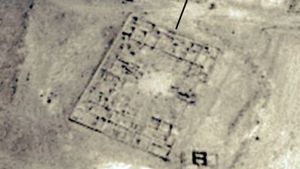
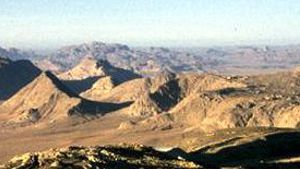
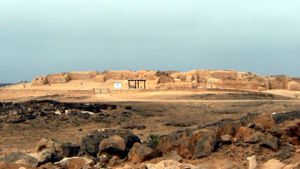
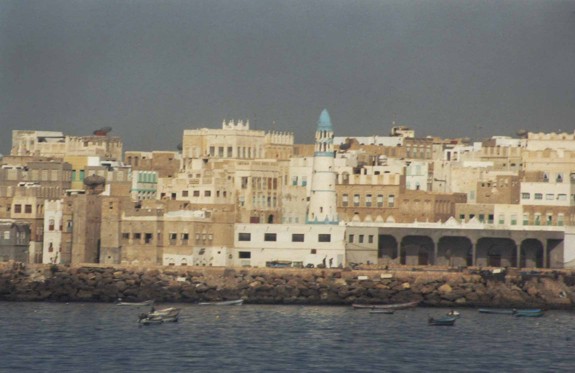
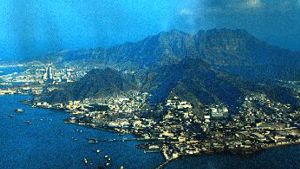
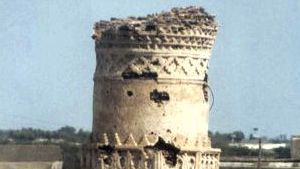
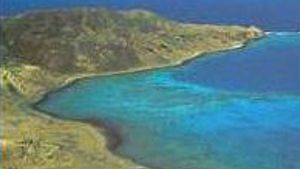
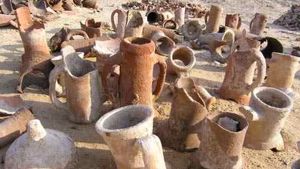
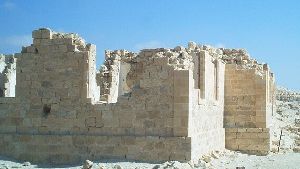
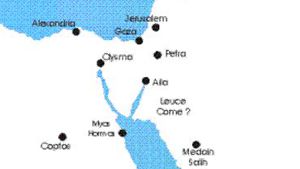
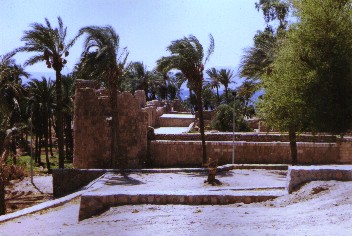
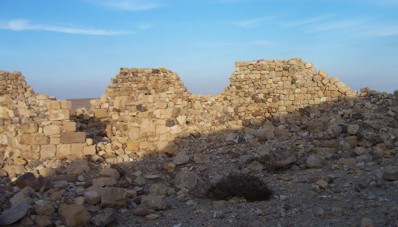
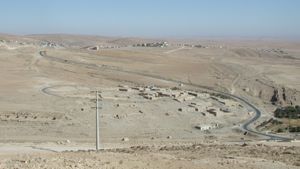
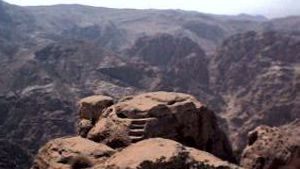
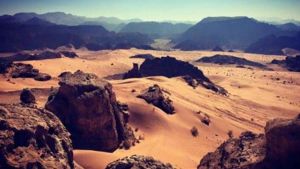
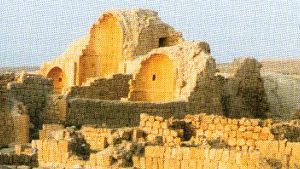
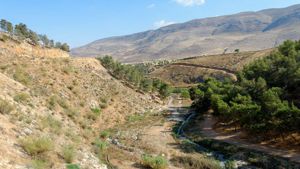
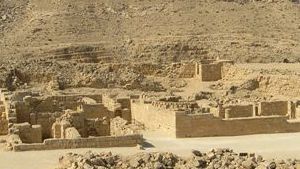
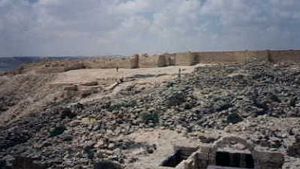
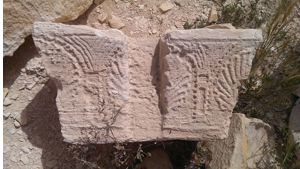

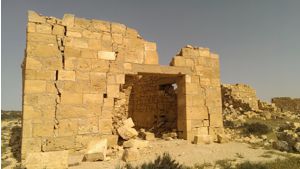
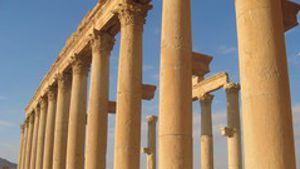
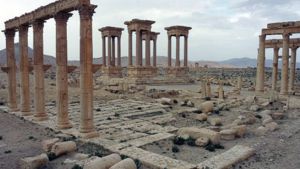
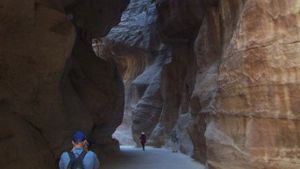
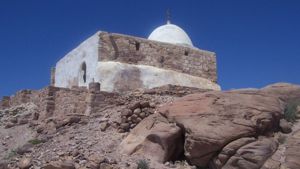
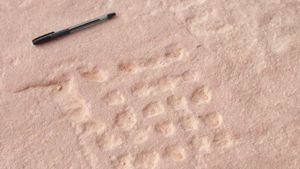

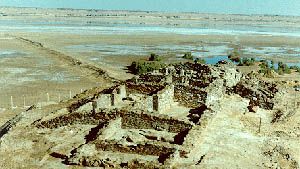
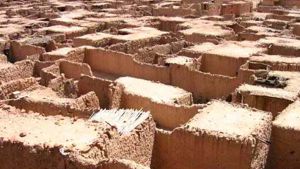
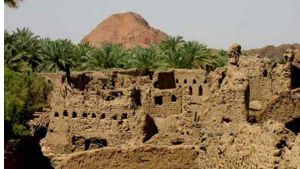
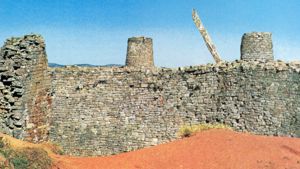
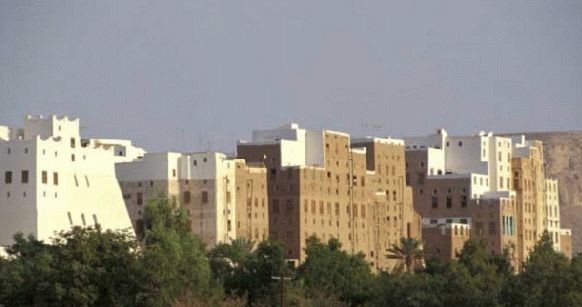
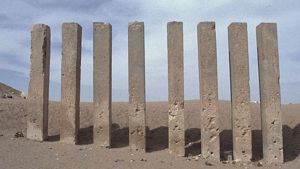
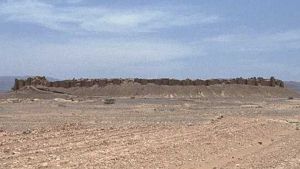
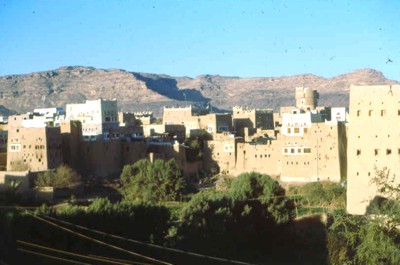
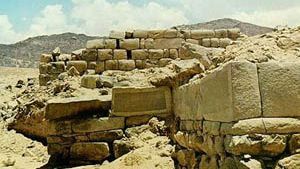

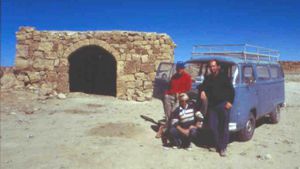
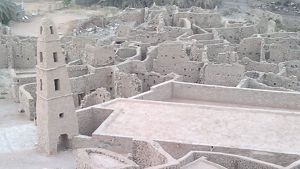
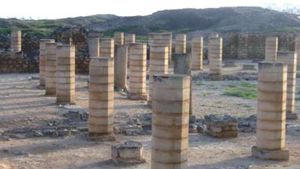
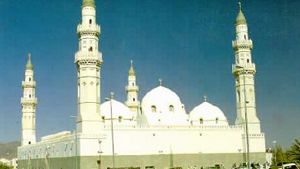
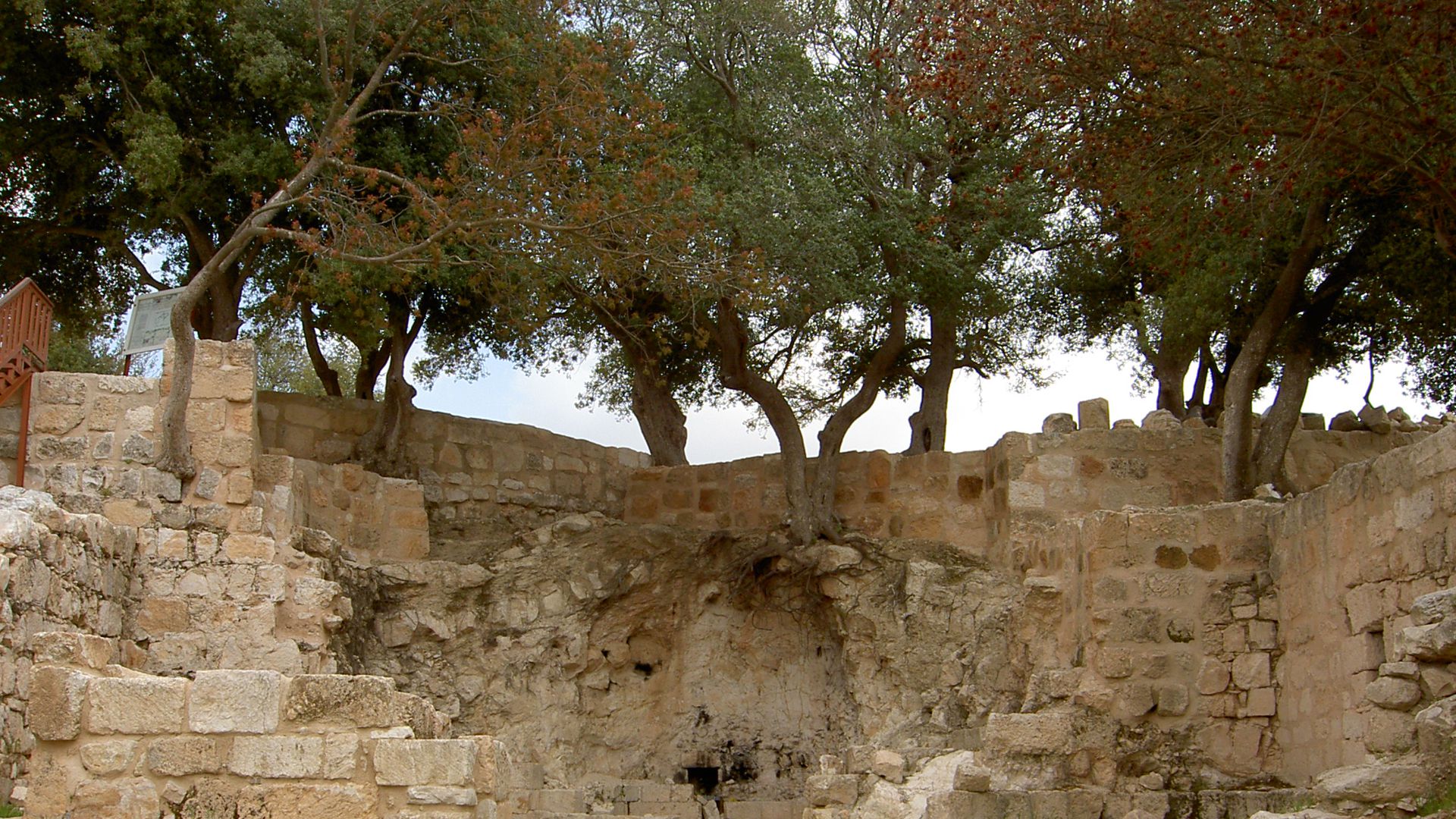
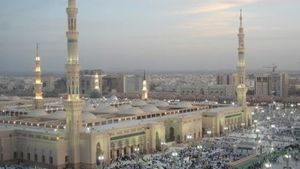
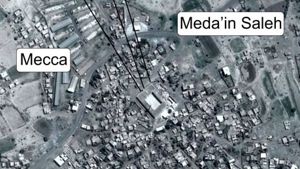
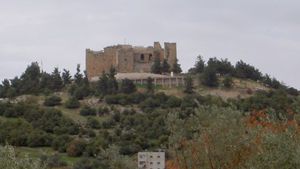
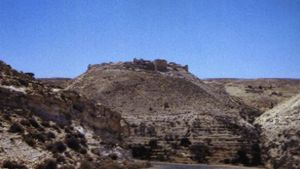
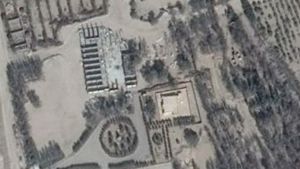
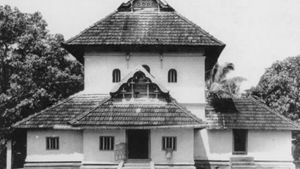
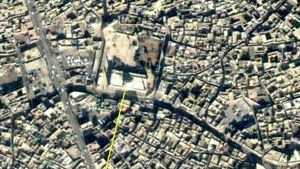
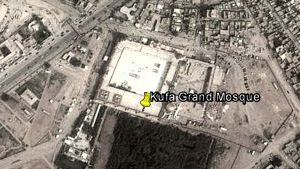
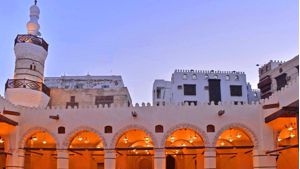
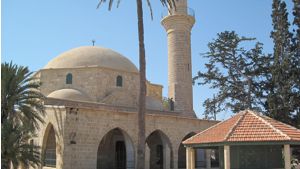
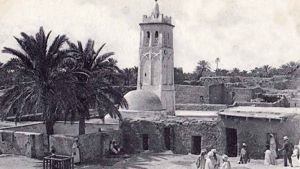
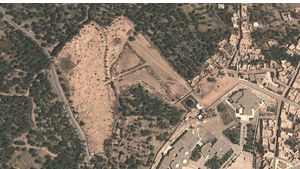
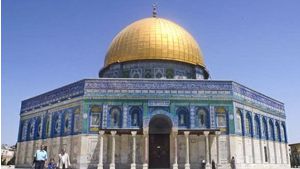
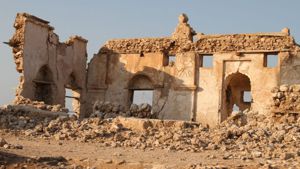
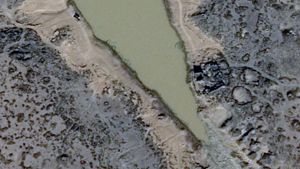
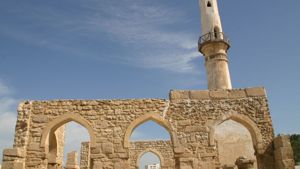
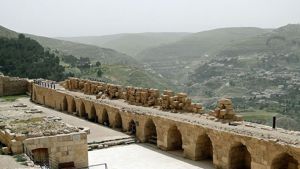
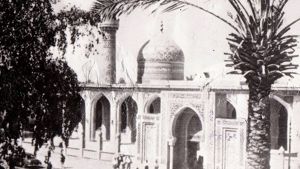
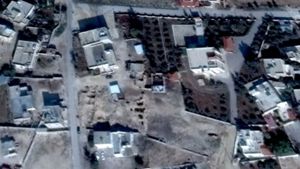
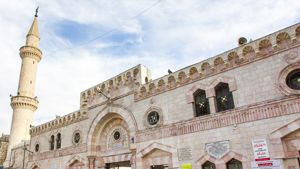
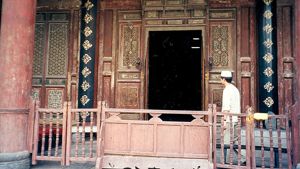
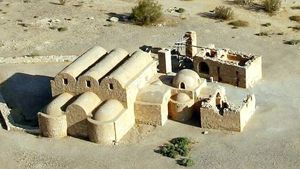
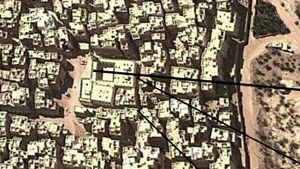
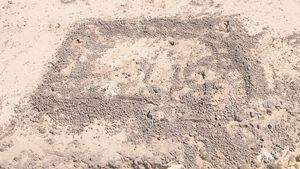
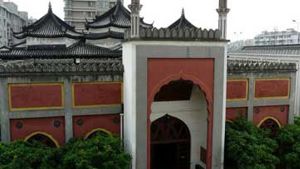
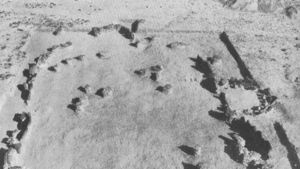
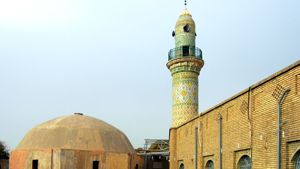
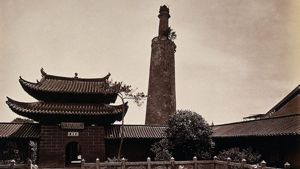
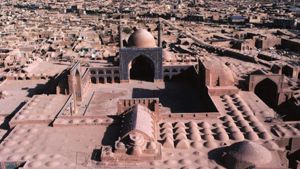
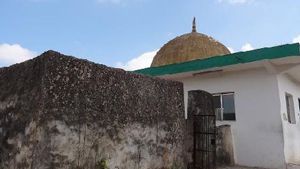
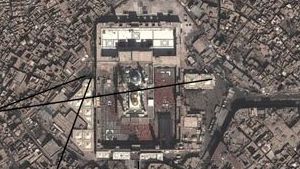
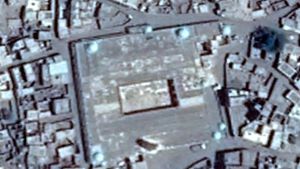
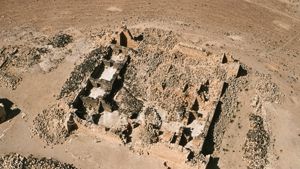
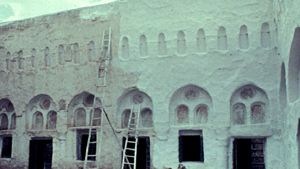
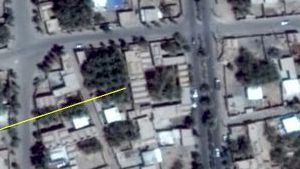
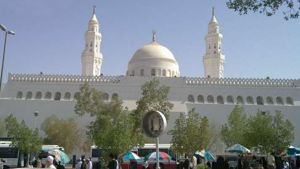
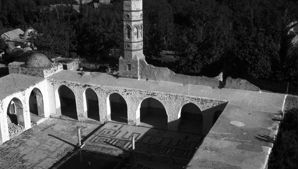
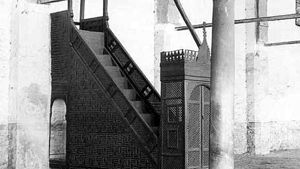
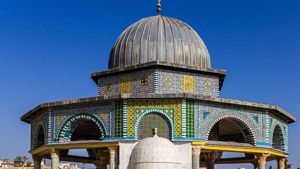
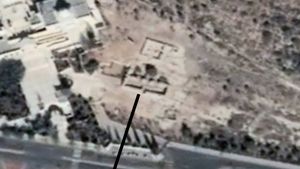
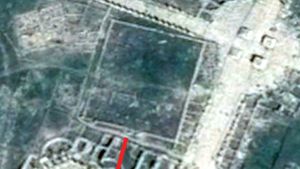
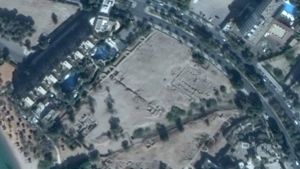
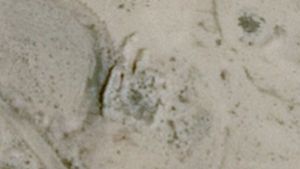
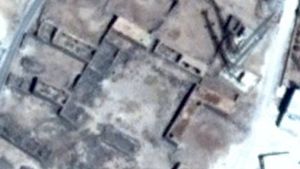
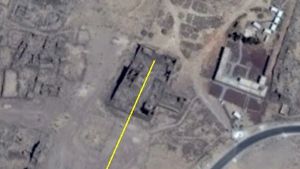
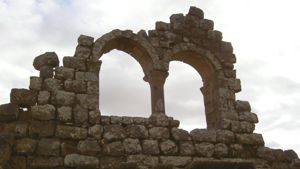
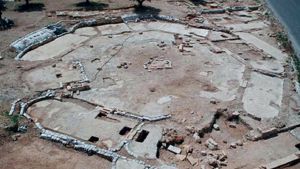
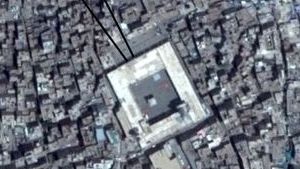
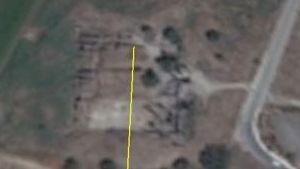
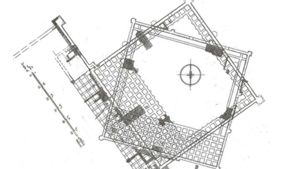
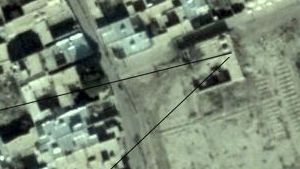
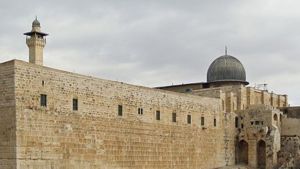
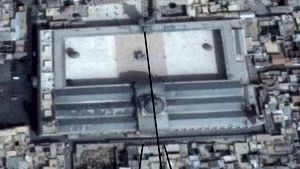
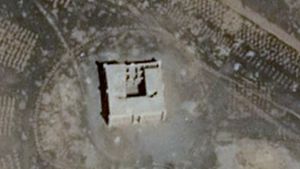
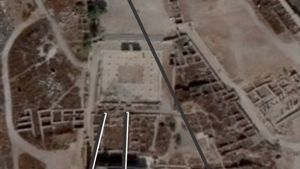
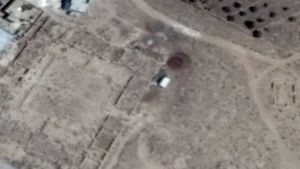
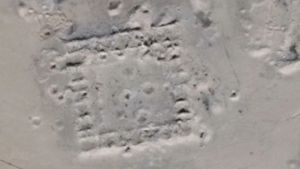
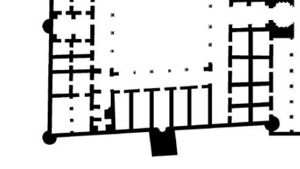
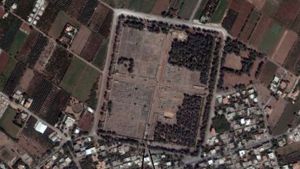
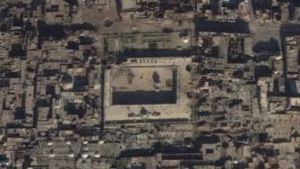
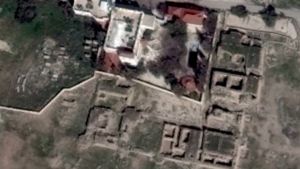
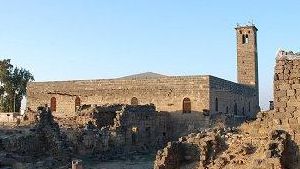
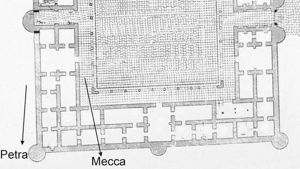
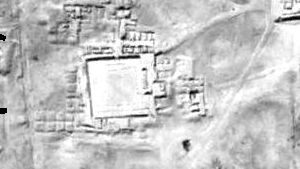
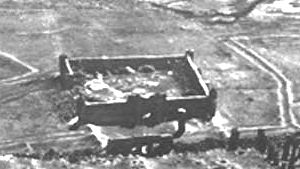
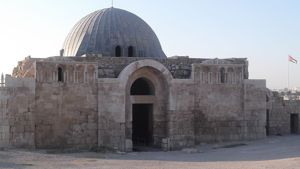
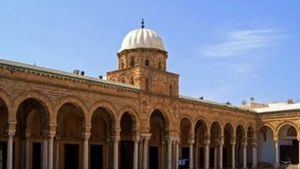
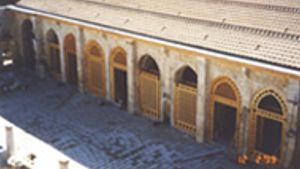
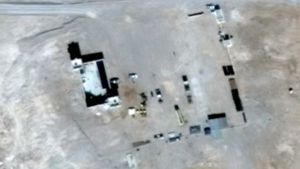
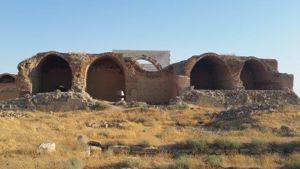
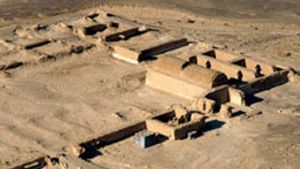
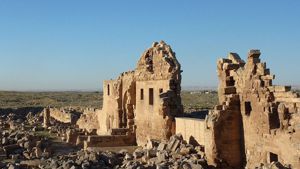
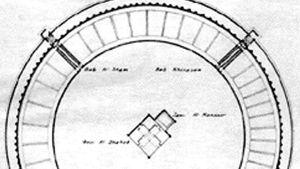
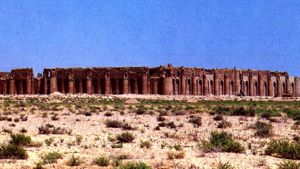
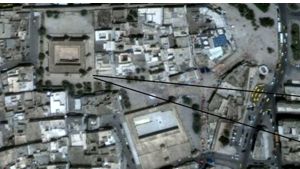
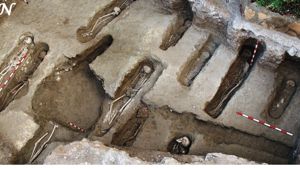
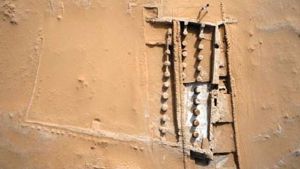
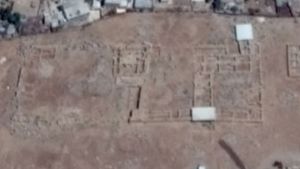
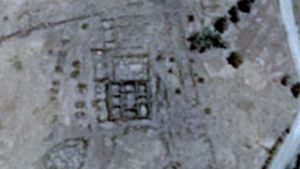
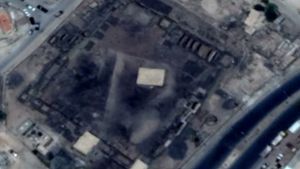
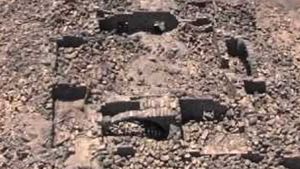
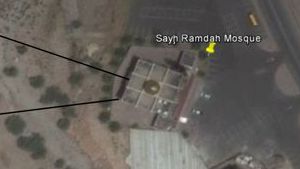
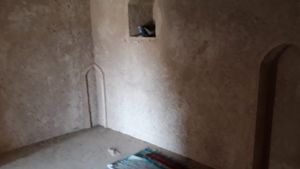
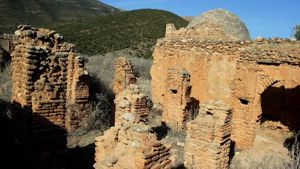
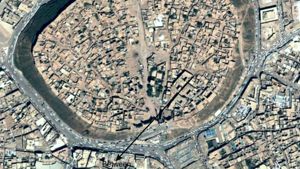
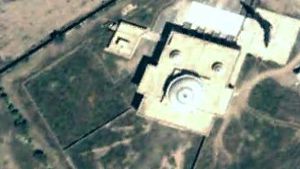
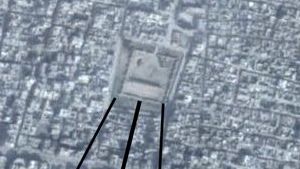
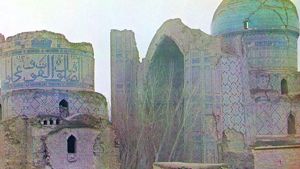
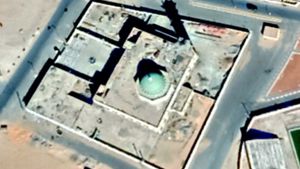
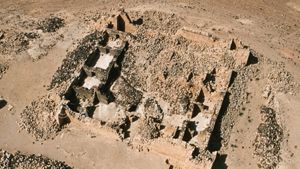
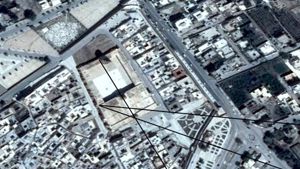
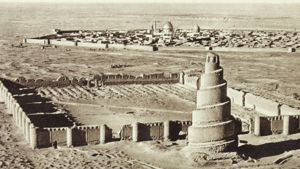
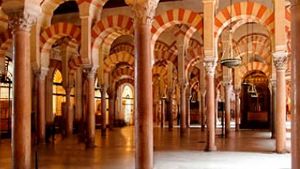
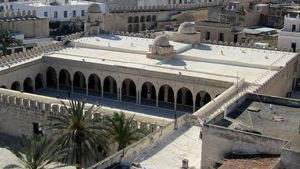
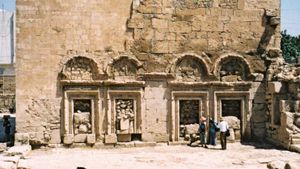
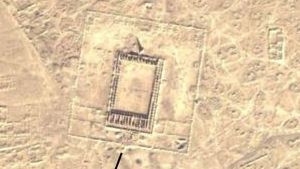
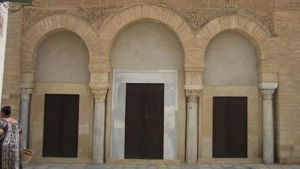
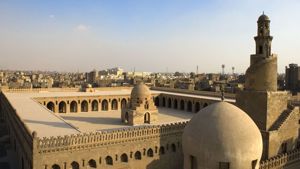
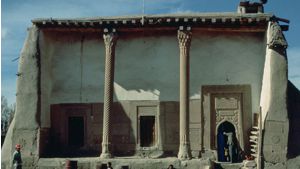
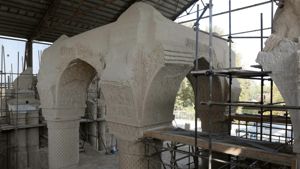
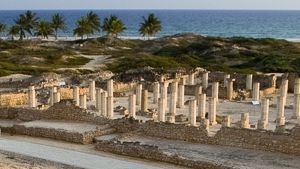
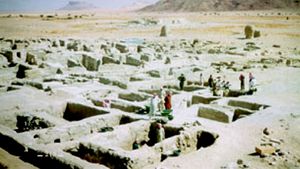
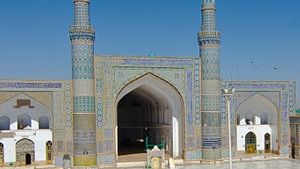
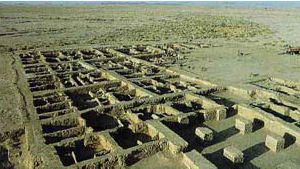
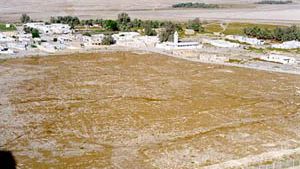
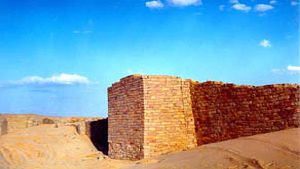
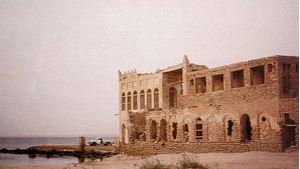
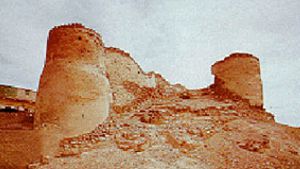
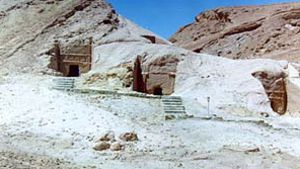
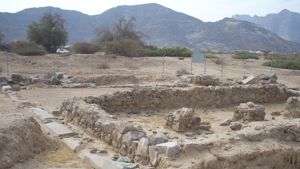
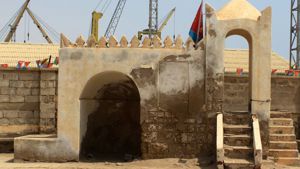
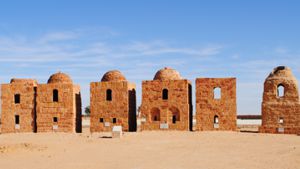
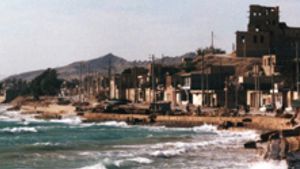
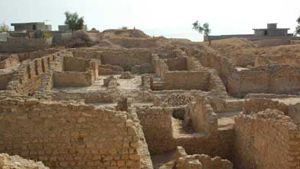
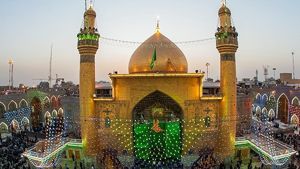
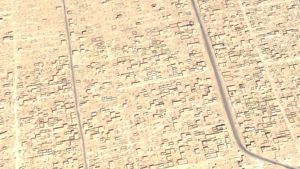
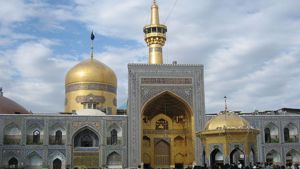
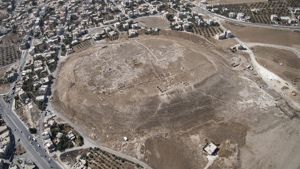
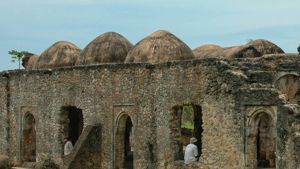
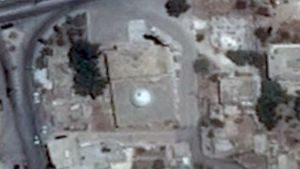
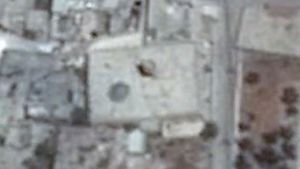
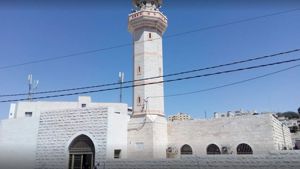
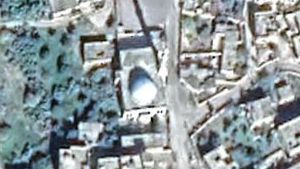
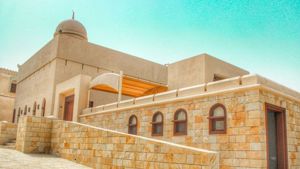
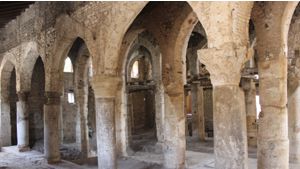
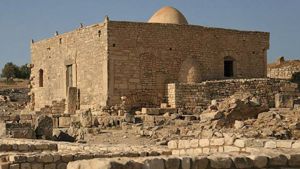
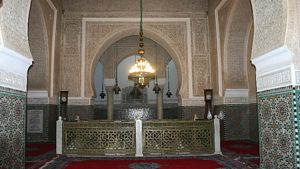
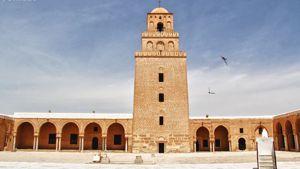
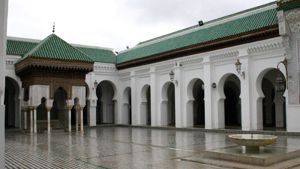
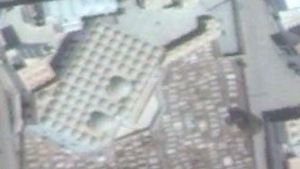
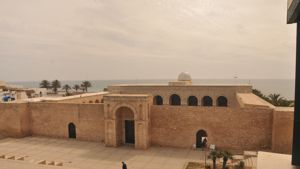
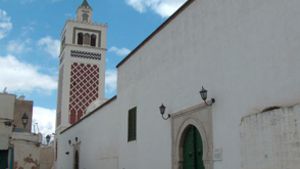
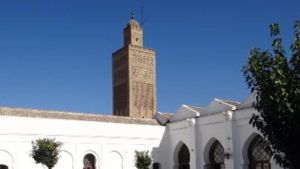
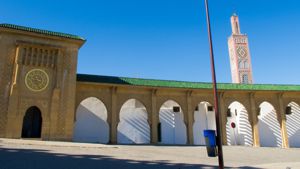
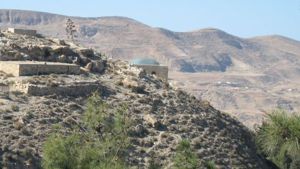
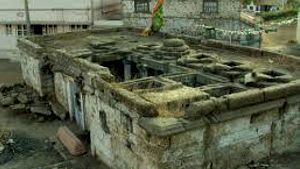
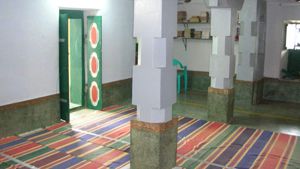
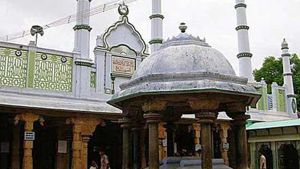
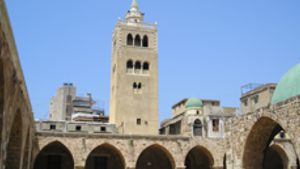
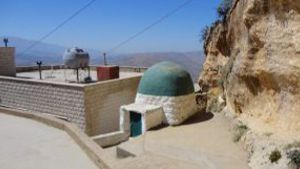
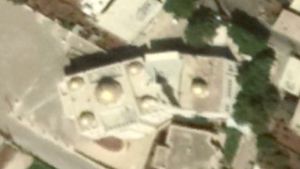
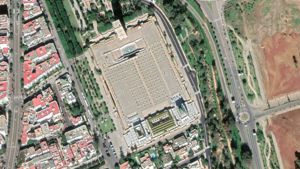
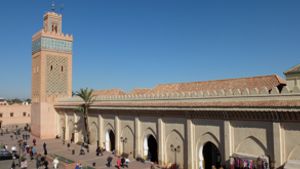
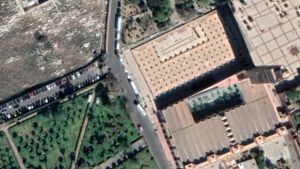
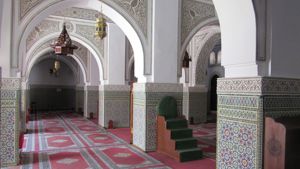
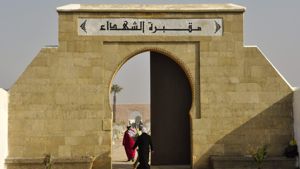
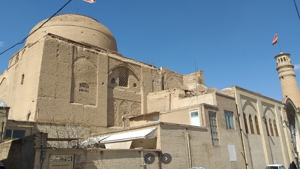
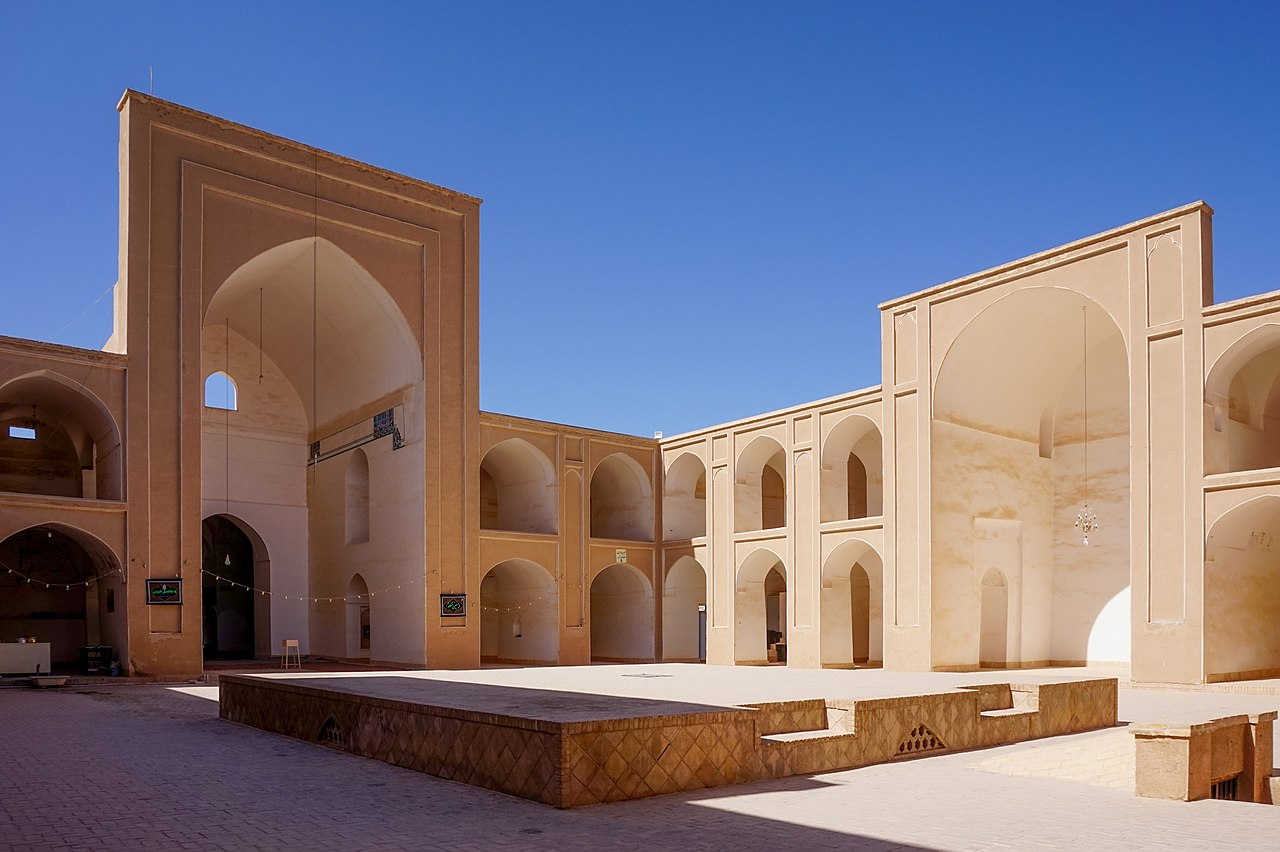
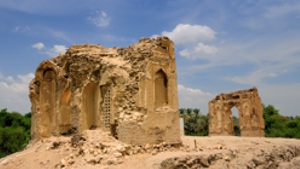
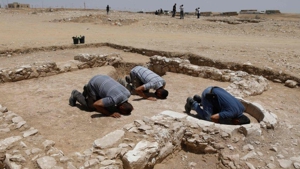
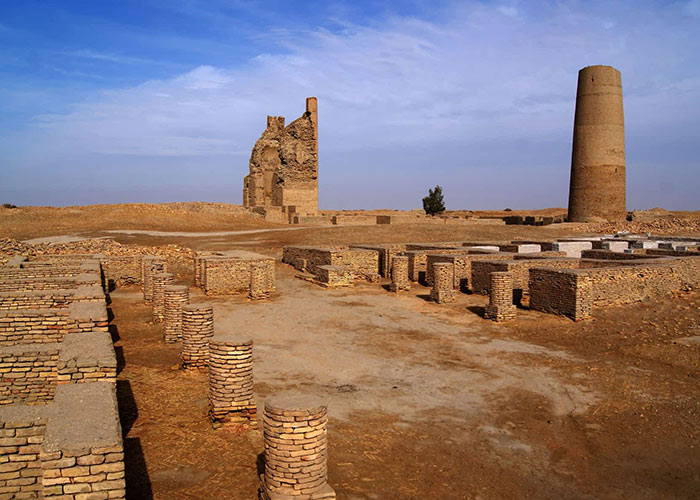
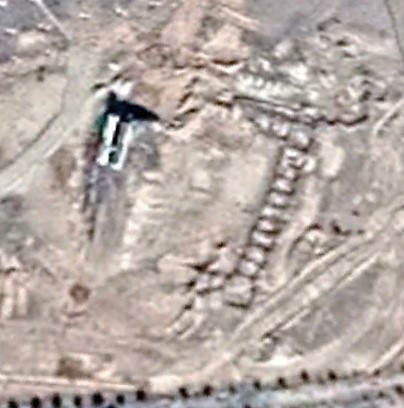

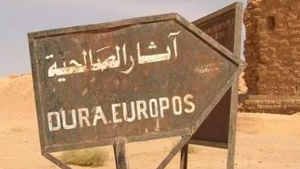
Page Discussion
Membership is required to comment. Membership is free of charge and available to everyone over the age of 16. Just click SignUp, or make a comment below. You will need a user name and a password. The system will automatically send a code to your email address. It should arrive in a few minutes. Enter the code, and you are finished.
Members who post adverts or use inappropriate language or make disrespectful comments will have their membership removed and be barred from the site. By becoming a member you agree to our Terms of Use and our Privacy, Cookies & Ad Policies. Remember that we will never, under any circumstances, sell or give your email address or private information to anyone unless required by law. Please keep your comments on topic. Thanks!